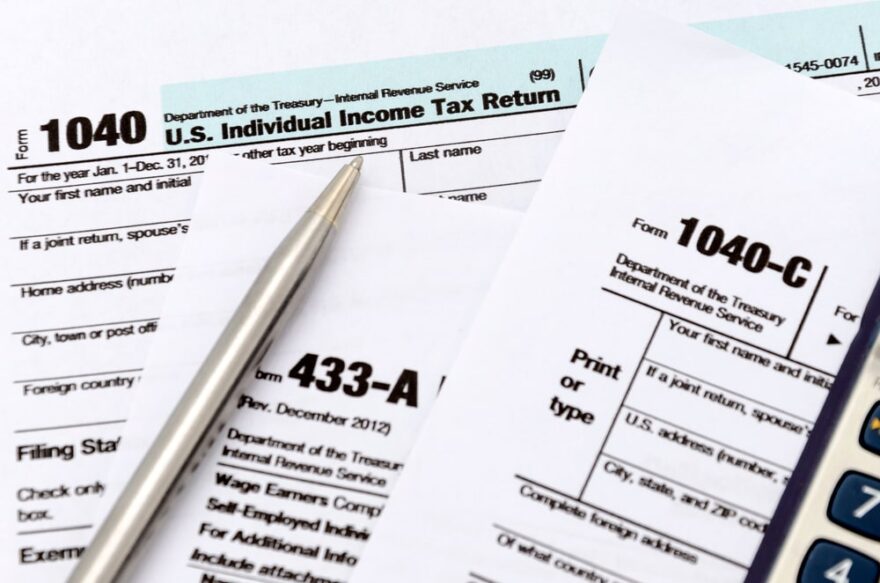
For most people, personal finance is a deeply private matter and the idea of revealing their personal financial information to anyone, especially total strangers, can often cause fear and anxiety.
However, when taxpayers find themselves with tax debts that they are unable to pay for one reason or another, they may be required to divulge some of this information to the IRS for collection purposes. Below, we will examine IRS Form 433-A and how taxpayers might be able to avoid having to complete it with the use of a streamlined installment agreement or the newer Non-streamlined installment agreement.
What is IRS Form 433-A?
IRS Form 433-A, the “Collection Information Statement for Wage Earners and Self-employed Individuals,” is a form the IRS requires applicants for certain installment agreements to complete in order to gain a full picture of the applicant’s finances. If the IRS requests that you complete 433-A, it will want to know:
- Where you work, how long you’ve worked there, and your compensation
- Where you bank and the amount in your accounts
- The types of investments you own and their current value
- Your sources of credit and how much you owe
- Your life insurance policies
- The location and value of your real property
- The value of your personal vehicle(s)
- The value of your personal effects (e.g., jewelry, furniture, artwork, etc.)
- Your total living expenses broken down by category (i.e., housing costs, child care, auto expenses, medical costs, food, and clothing, etc.)
- For self-employed individuals, all relevant financial information about their business
The IRS also requires those completing Form 433-A to submit documentation that provides evidence for what they have disclosed on the form, including pay stubs, bank statements, mortgage documents, insurance policies, etc.
How to Avoid Completing IRS Form 433-A
Because Form 433-A requires taxpayers to disclose such extensive information and potentially go to great lengths to prove their financial situation, you likely will want to avoid having to complete it if possible. If you owe $50,000 or less in back taxes, you may be eligible for a streamlined installment agreement that allows you to pay your tax debt in monthly installments for up to 72 months, either by direct debit from your bank account or paycheck. If you owe $25,000 or less you can mail your monthly payments to the IRS. A streamlined agreement must be paid prior to the collection statute expiration date if earlier than the respective 72 month period.
Due to financial difficulties taxpayers faced as a result of COVID-19, the IRS rolled out Non-streamlined installment agreements for taxpayers owing up to $250,000. This agreement must fully pay the tax debt and accrued penalties and intertest within the remaining collection statute expiration date which may be as long as 120 months.
If your tax debt exceeds the threshold amounts for either the streamlined or non-streamlined agreement, you can pay down the balance to the required amount, and then establish your installment agreement.
While streamlined and non-streamlined installment agreements offer an attractive alternative to invasive financial disclosures, taxpayers should keep in mind that interest and penalties will accrue during the installment period.
Contact the Boca Raton Accountants at East Coast Tax Consulting Group
Both streamlined installment agreements and non-streamlined installments are great strategies for paying what you owe to the IRS without having to disclose more financial information than is necessary. For more information about IRS Form 433-A and installment agreements or our other tax resolution services contact the Boca Raton accountants at the East Coast Tax Consulting Group by filling out our online form or calling us at 866-550-7655.

